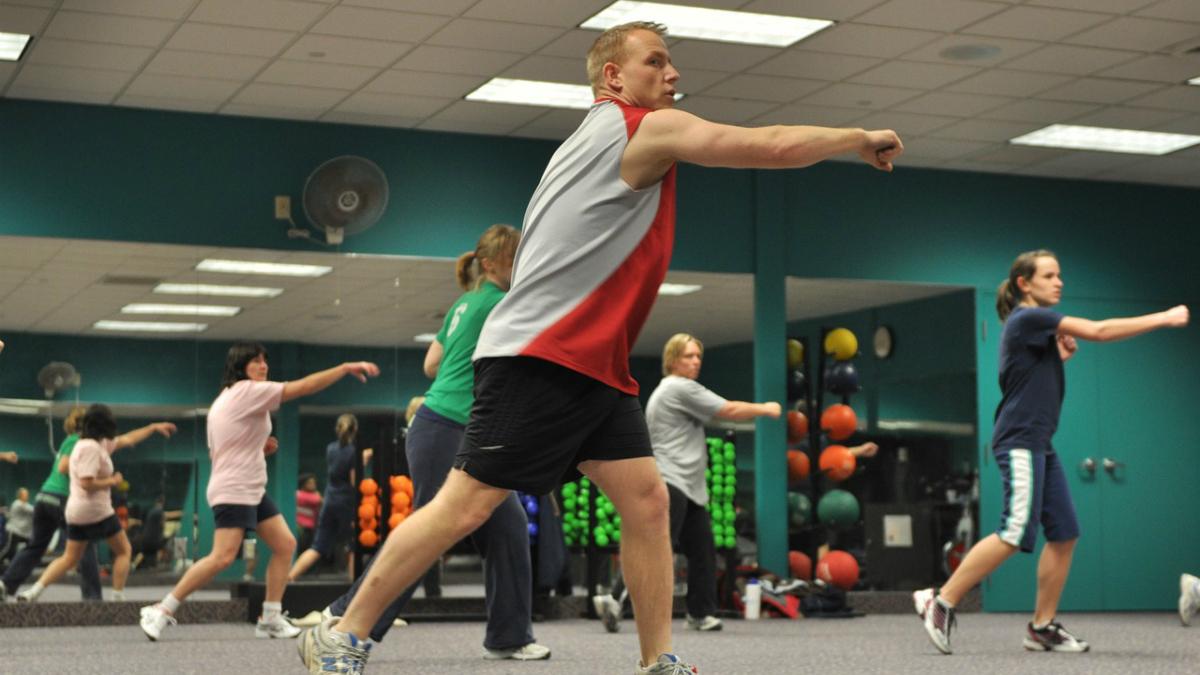The National Institute for Health and Care Excellence (NICE) has today detailed how local authorities, schools and workplaces can encourage physical activity.

In a new quality standard, NICE urges organisations to introduce physical activity programmes to encourage adults and children to move more and become more physically active.
It suggests examples of workplace programmes that could lead to increased activity levels, which include:
- incentive schemes, such as subsidised gym memberships
- offering flexibility around taking breaks to enable employees to take short walks during work breaks
- supporting staff to walk, cycle or use other modes of transport involving physical activity (to travel to and from work and as part of their working day)
The CSP welcomed the guidance, which aligns closely with the society’s Love activity, Hate exercise? campaign.
CSP professional adviser Jenny Nissler said: ‘The CSP supports this Quality Standard. Given the current issues with both childhood and adult obesity and those around air quality, this is an important publication that can build on measures already in place to increase the number of people becoming more active.'
CSP chief executive Karen Middleton added: ‘We particularly welcome the focus on removing the barriers to help people to become more active as well as avoiding being judgemental about why people aren’t as active as they’d like to be.
‘Through our own research for our Love activity campaign, we found many people with long-term conditions experience a number of barriers to physical activity such as concerns about their symptoms worsening, pain or simply not knowing where to start.
‘Physiotherapists and physio support workers are really well placed to advise and reassure people no matter what their starting point.
Physios understand the sort of things people with long-term conditions can do to become more active every day and importantly can point them towards local activities appropriate to try out.’
As well as highlighting the need for physical activity programmes in workplaces, the new quality standard suggests that local authorities should involve community members in the design and management of public open spaces, and prioritise pedestrians, cyclists and people who use public transport when they develop and maintain travel routes.
It also recommends that healthcare commissioning groups should have senior level physical activity champions who have responsibility for developing and implementing local strategies – including policies, plans and improvements to the built or natural physical environment, such as public open spaces.
Input from CSP professional networks

Several physiotherapy professional networks contributed to the consultation for the standards.
The Association of Chartered Physiotherapists in Occupational Health and Ergonomics (ACPOHE) said the standards were ‘much needed.’
ACPOHE chair Miles Atkinson said: ‘Setting quality standards on workplace activity and active travel will go some way in improving the individual’s health and wellbeing both in and outside of the workplace.’
In addition, it will ‘undoubtedly result’ in a significant return on investment for employers committing to and supporting the standards.
‘As active champions of workplace activity, ACPOHE members will play a vital role in implementing and supporting these quality standards.’
The standards also received the ‘full support’ of the Association of Chartered Physiotherapists in Cystic Fibrosis (ACPCF).
‘Raising the profile of physical activity by addressing local need and supporting community engagement will improve the physical and mental health and wellbeing of our cystic fibrosis population and beyond,’ said ACPCF chair Lisa Morrison.
To have exercise and physical activity embedded across all clinical pathways will assist in health promotion.
‘It will also have a significant impact on quality and longevity of life, potentially minimising the effects of co-morbidities and enhancing overall respiratory health.’
Collaborating to promote healthy living

Addressing the physical activity needs of the population is essential to promoting healthy lifestyles, said the Aquatic Therapy Association of Chartered Physiotherapists(ATACP), and cross-agency working is essential to fulfil this need.
ATACP have worked with Swim England to promote safe and effective aquatic activity in the community, said chair Jacqueline Pattman.
‘Patients, particularly those with long-term conditions, can be directed to their local pool either from their GP or following a course of aquatic physiotherapy.
'Aquatic activity for heath instructors will give confidence to participants to self-manage and adhere to a healthy lifestyle, thus decreasing the risk of co-morbidities that occur as a result of little or no physical activity.
‘This joint working meets NHS England’s paper AHPs into action 2017 – Utilising AHPs to transform health, care and wellbeing, and it also lines up with the CSP's Love activity, Hate exercise? campaign,’ she said.
NICE quality standard. Physical activity: encouraging activity in the community:
Find Out More
Number of subscribers: 1